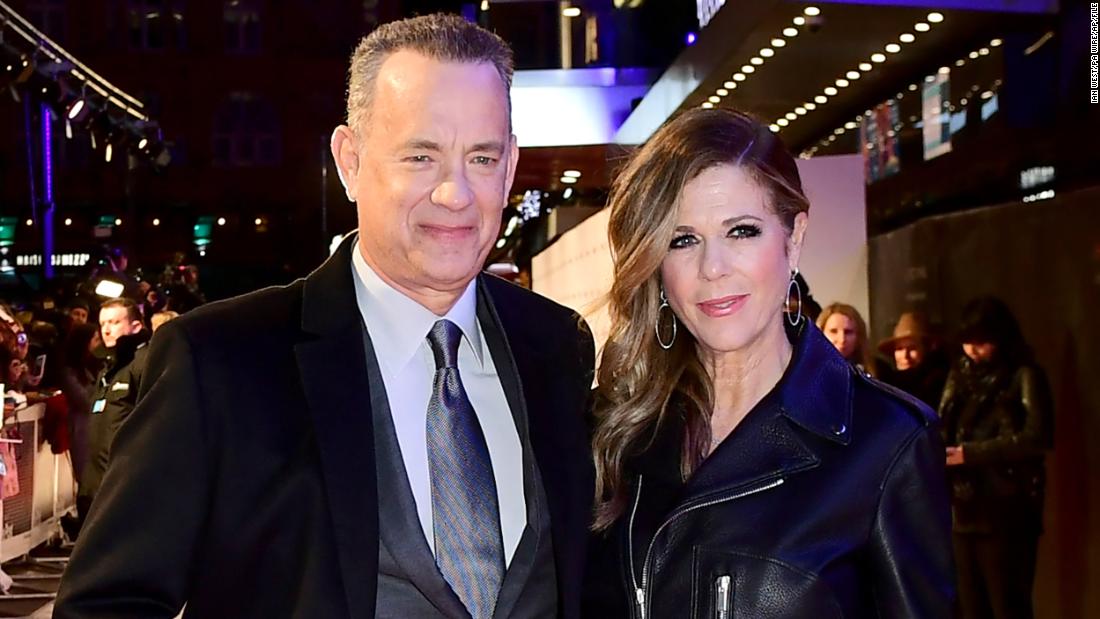[ad_1]

It’s not that America hasn’t faced public health crises before. A century ago, America confronted the far more deadly Spanish influenza epidemic, which killed an estimated 50 million people around the world, including members of my family. We confronted the polio epidemic, which crippled hundreds of thousands of people, including, many believe, an American president. And when a cure for polio was found, Dr. Jonas Salk gave away the patent for free to help as many people as fast as possible.
Thankfully our scientific expertise has improved dramatically since those days. But in recent decades, we have lost our muscle memory in terms of something that is just as important in times of crisis: the balance between individualism and community.
We have become accustomed to pursuing our individual self-interest at the expense of the common good. We are unaccustomed to shared sacrifice. During World War II, Americans gave up creature comforts to aid the war effort. After the attacks of 9/11, we were told to go shopping.
Donald Trump is a reflection of our culture. He is a symbol of self-interest. He rose in the 1980s as an avatar of greed-is-good excess, finding further fame in the superficial celebrity of reality TV. His narcissistic self-promotional instincts have been the key to his success but they come at the expense of any fidelity to the truth or confronting hard facts.
But while Donald Trump is our president, he does not define our culture completely. And ironically, one of the most high-profile celebrity victims of coronavirus to date is beloved because he represents an older American tradition where character counts above all.
I’m talking about Tom Hanks, who announced Wednesday that he and his wife, Rita Wilson, are infected with the virus. A palpable sense of decency, self-deprecating humor and personal honor suffuse his roles in films from Forrest Gump to Saving Private Ryan. It’s evident whether he’s playing Ben Bradlee in “The Post” or his most recent turn as Mr. Rogers in “A Beautiful Day in the Neighborhood.”
Now, what we see on screen doesn’t always reflect the real person, but by all accounts Tom Hanks is a genuinely good human, kind to people not in positions of power and generous to charity. This is a simple virtue we don’t always celebrate but it’s essential to the creation of a culture of trust. And his popularity speaks to a deeper longing in our country for a time when kindness counted and character was destiny.
America’s historic success depends on striking the right balance between individual ambition and the common good. This is something that even the rugged individualists of the western frontier instructively understood. We aren’t truly safe and secure unless we look out for each other. This isn’t soft or socialistic or communitarian. It’s common sense and enlightened self-interest.
Fear is not our friend. Panic doesn’t solve problems. But we need to find the right balance between individualism and the community again as we aim to overcome this challenge together.
[ad_2]
Source link

